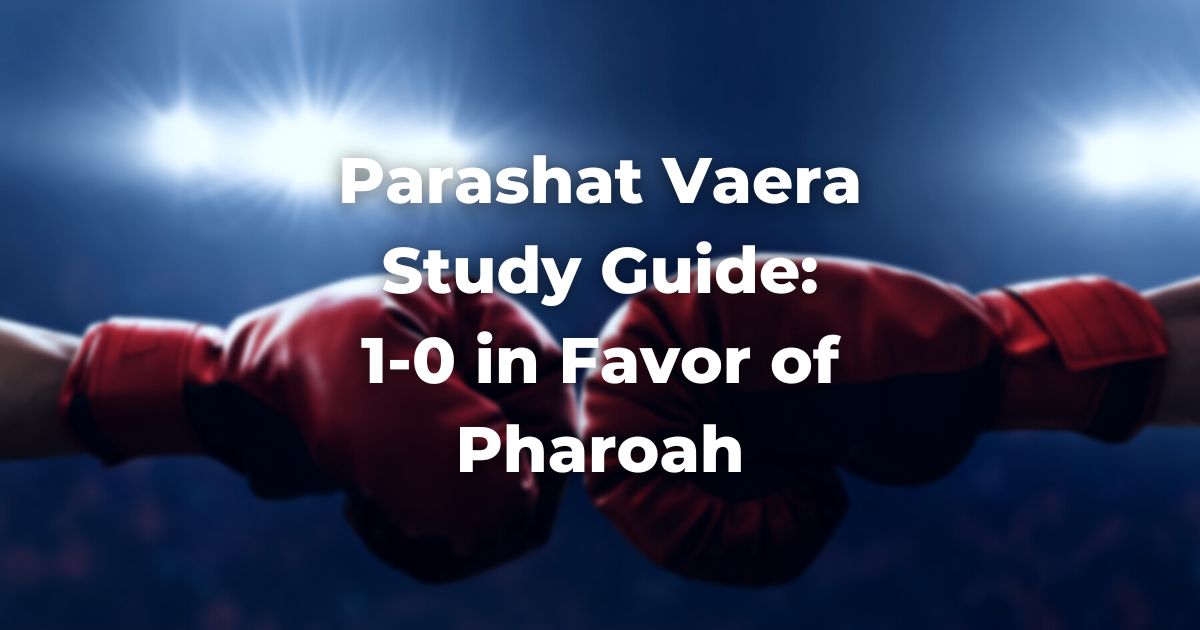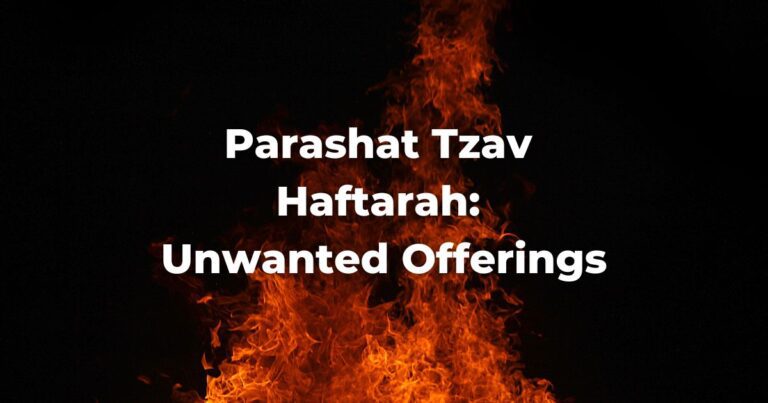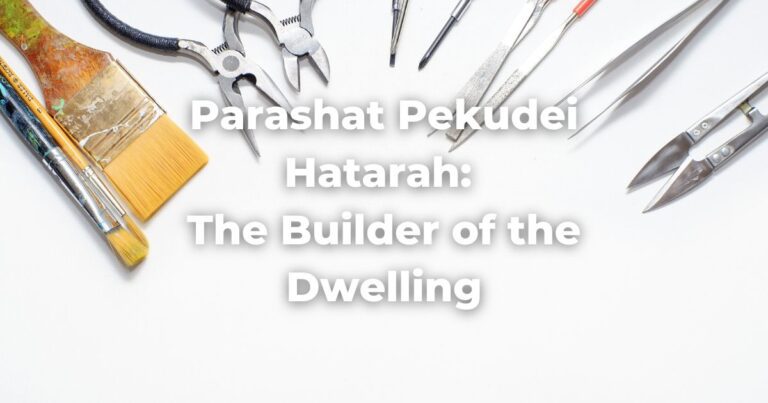Background: In the previous parashah, Moshe’s demand, “let My people go,” was met with an escalation of the bondage. Moshe is accused, by the supervisors, of “giving Pharaoh a sword to kill us.”
Text: Shemot 6:6-9
6 Therefore say to the children of Israel: ‘I am the LORD; I will bring you out from under the burdens of the Egyptians, I will rescue you from their bondage, and I will redeem you with an outstretched arm and with great judgments. 7 I will take you as My people, and I will be your God… 8 And I will bring you into the land… I am the LORD.’ 9 So Moshe spoke thus to the children of Israel; but they did not heed Moshe, out of shortness of spirit and of cruel bondage.
- God’s words, spoken to the Israelites, are uplifting, yet they do not listen. Are they unable to or unwilling to? Why?
- How do you think that the Israelites’ reaction might impact the possibility of redemption? What events in the story of the Exodus might have been necessary because of their sense of “shortness of spirit”?
Commentary: Chizkuni Shemot 6:9
They did not heed Moshe—they feared listening to Moshe out of shortness of spirit of the hard labor, for Pharaoh had already commanded for them: “Let the labor be heavy on the people so they do not turn to false words” of Moshe.
- Chizkuni suggests that they “feared listening to Moshe”. What are they afraid of? Who is in direct control of that fear? What had Pharaoh managed to accomplish with his escalated physical bondage?
Commentary: Ramban on Shemot 6:9
But they did not heed Moshe, out of shortness of spirit and of cruel bondage – It was not because they did not believe in The LORD and in His prophet. Rather, they paid no attention to his words because of shortness of spirit, as a person whose soul is grieved on account of his misery and who is not willing to live a moment in his suffering even though he knows that he will be relieved later. The “shortness of spirit” was their fear that Pharaoh would put them to death, as their officers said to Moshe, and the “cruel bondage” was the pressure, for the taskmasters pressed upon them and hurried them, not letting them hear any word and consider it.
- According to Ramban, the actions of Pharaoh have both physical and mental aspects. What are they? How do they impact the people’s ability to absorb Moshe/God’s words?
- According to which of these commentators did Pharaoh have greater success? What do you think that Pharaoh would have considered success?
See more: Parashat Vaera
Originally posted as part of the Conservative Yeshiva at the Fuchsberg Jerusalem Center’s Torah Sparks. Support TorahRefers to the first five books of the Hebrew Bible, the Tanakh, also called the Five Books of Moses, Pentateuch or the Hebrew equivalent, Humash. This is also called the Written Torah. The term may also refer to teachings that expound on Jewish tradition. Read more learning from the Fuchsberg Jerusalem Center/Conservative Yeshiva for leaders and seekers around the world here
Authors
-

Vered Hollander-Goldfarb teaches Tanach and Medieval Commentators at the Conservative Yeshiva and is a regular contributor to Torah Sparks, FJC’s weekly message on the weekly Torah portion. She received her M.A. in Judaic Studies and Tanach from the Bernard Revel Graduate School of Yeshiva University and studied at Bar-Ilan University and the Jewish Theological Seminary. Before making aliyah, Vered taught at Ramaz School and Stern College in New York.
View all posts -



The Fuchsberg Jerusalem Center (FJC) is a home in the heart of Jerusalem where leaders and seekers can find an authentic place in Jewish tradition to call their own. FJC offers opportunities to study, pray and explore within an egalitarian and inclusive setting, creating multiple pathways for finding personal and communal meaning.
View all posts






